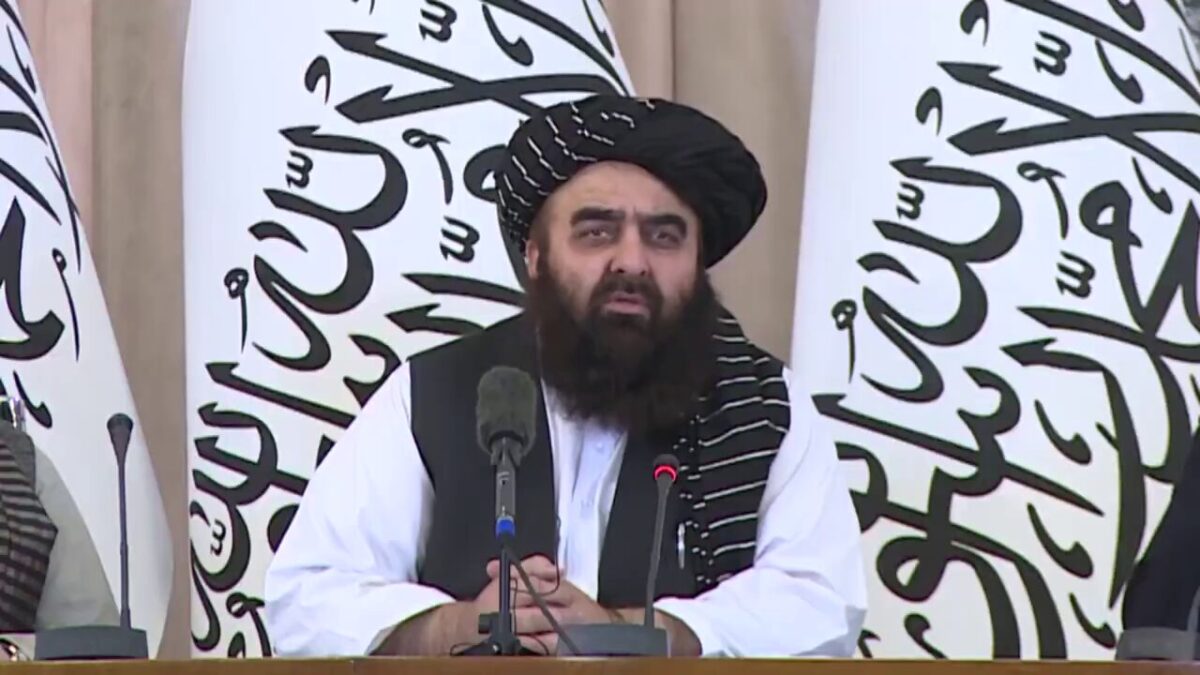KABUL, Afghanistan — Amir Khan Muttaqi, the Taliban’s foreign minister, said on Wednesday that decades of war have left Afghanistan in a state where it requires short-term international aid to recover. He made the remarks during a session with representatives of UN agencies in Kabul.
Muttaqi emphasized that Afghanistan is not the only country in need of humanitarian and development assistance, but highlighted its unique status as a post-conflict nation no longer engaged in war.
“The number of countries needing humanitarian and development aid is increasing. However, unlike others, Afghanistan is no longer at war and is in a post-conflict phase,” he said.
Muttaqi called for international assistance to be aligned with Afghanistan’s specific needs and priorities, stressing the importance of coordination among aid providers.
He proposed that efforts focus on key areas such as the permanent resettlement of returnees, alternative livelihoods for farmers, access to climate change adaptation funds, support for the private sector, mine clearance, and transitioning humanitarian aid into semi-development and infrastructure projects.
He also suggested that aid programs should prioritize long-term infrastructure projects and incorporate a “work-for-aid” model to create sustainable impacts.
“Aid should focus on long-term infrastructure programs and be tied to employment opportunities to ensure lasting benefits,” he said.
To maximize the impact of aid, Muttaqi urged the use of local resources and Afghan-made products in aid initiatives. He argued that such an approach would have a positive ripple effect on the country’s economy and create jobs.
“Efforts should be made to utilize domestic production so that the positive impact of aid is amplified,” he added.
This meeting comes amid growing concerns in the US Congress about the Taliban’s potential access to international aid. Taliban have also banned women from working in non-governmental organizations, including UN agencies, and have started oversight of NGOs’ activities in the southern province of Kandahar.
The Taliban ban on women employees at NGOs have hampered the activities of aid agencies in the country, especially the assistance that is expected to target women.
Over the past three years, the United States has been Afghanistan’s largest donor, contributing over $3 billion for humanitarian relief. The Biden administration has emphasized that these funds are intended to address acute humanitarian crises. However, a new bill under consideration in Congress could impose stricter oversight on aid to Afghanistan. The President-elect has reiterated opposition to sending significant funds to a Taliban-led government, citing fears that such aid could be misused.
The United Nations has projected that at least 23 million people in Afghanistan will need humanitarian assistance by 2025, with millions already facing severe hunger. Despite this dire need, the U.N. has reported insufficient funding to tackle the world’s second-largest humanitarian crisis.




